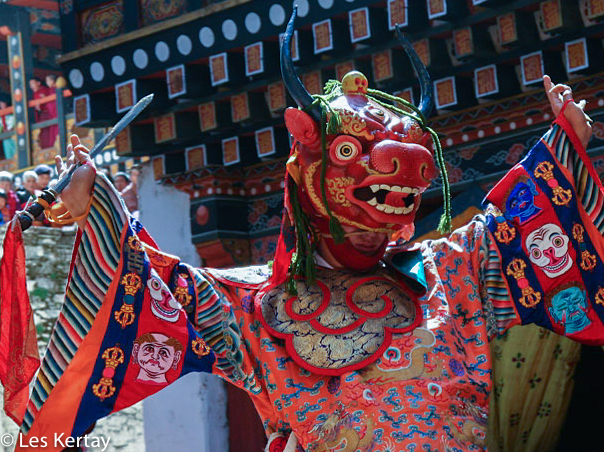Yesterday I published About Aging Gracefully. That same morning two things showed up on my social media timeline that together said, “Maybe bullshit was too strong a word.” That said, “You want to know how to age gracefully? Here you go.”
First up was a November 2015 TED talk that showed up on a friend’s timeline. In it, Robert Waldinger, the fourth and current director of the Harvard Study of Adult Development, reminded me – yes, again – that only one thing determined above all else whether the men in that study lived longer, and happier, than their counterparts: quality, heartfelt relationships. Not money, not health, not fame. Relationships. Take the 12:46 to watch it – I promise it’s worth it.
You’re welcome.
And then there was this article about what very well might be Bhutan’s secret to having the world’s highest score on Gross National Happiness – no, I didn’t make that up. What’s the secret?
Think about death.
No, really.
Death is the natural order of things. The mortality rate for life is 100%.
But in the West, we avoid death. We don’t touch the dead, and we avoid decay at all costs. So when aging sets in and death looms, we are surprised. Annoyed. Afraid. And clueless.
In Bhutan they understand that contemplating death is the shortest way to get perspective on what really matters. Here’s the article’s conclusion:
Ura’s lesson, meanwhile, stuck with me. I make it a point to think about death once a day. Unless I find myself especially stressed, or engulfed in an unexplained funk. Then I think about it twice a day.
So I’ll leave you with this, from Mary Oliver’s When Death Comes (the rest of which you can find here):
When it’s over, I want to say: all my life
I was a bride married to amazement.
I was the bridegroom, taking the world into my arms.When it is over, I don’t want to wonder
if I have made of my life something particular, and real.
I don’t want to find myself sighing and frightened,
or full of argument.I don’t want to end up simply having visited this world.
You’re welcome.
Dr. Les Kertay




